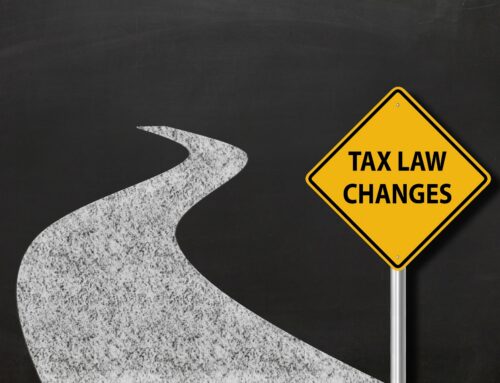
Deciding when you claim Social Security is a key part of the puzzle for your retirement plan. You can withdraw as soon as you turn 62, but you can also delay your claim until you are 70 years old. There are pros and cons to each, so how do you know which age is right for you?
Withdrawing at 62
People who withdraw before their “full retirement age” receive permanently reduced payments from their Social Security.[1] However, keep in mind that you’ll be receiving benefits for a longer period of time. Full Retirement Age varies from person to person and is determined by your year of birth. So, if you were born in 1943, your full retirement age is 66. If you were born in 1960, your full retirement age is 67.[2] You can go to the Social Security Administration’s website here to see what your full retirement age is.
As stated before, if you withdraw before your full retirement age, you lose out on a percentage of your benefits permanently. So, for example, if you expected a $1,000 Social Security benefit at your full retirement age, but you (being born in 1960) decided to claim your benefits early at the age of 62, your monthly payments would be permanently reduced by about 30%, making your Social Security benefit roughly $700.[1]
That’s the major drawback of withdrawing early. However, there are some pros to this strategy. For one thing, you’ll be collecting money. If you choose not to withdraw Social Security, you’ll have to find other sources of income until you do claim. Also, each year or month you have that extra income, the more it can add up over the rest of your life. In addition, if you pass away earlier than expected, you won’t receive what you were promised. Individuals who are in poor health might consider withdrawing early because they don’t expect to receive the benefits for very long. Also, individuals who need or want the supplement to their income might consider withdrawing early.
Withdrawing When You are Full Retirement Age or Older
Your Social Security benefits will get better the longer you choose not to claim them. You will receive the best possible benefit when you are 70 years old. So, after the age of 70, it will likely make sense for you to claim your benefits no matter what.[2]
Every month that you don’t collect your Social Security benefits after you reach full retirement age, your benefits increase by ⅔ of a percent.[2] This means that every year you wait to claim your benefits, you may gain roughly 8% in increased payouts, all else held constant.[2] This can also be a good option if you are working through your 60s, as a portion of your earnings will be withheld if you start withdrawing Social Security while you are working.[2] Although you will get the money back later after you reach full retirement age, you’ll have that much less to spend in the meantime.[2]
Conclusion
There are a lot of factors to consider when it comes to when you should withdraw your Social Security, and in general, there are a lot of factors to consider when it comes to retirement. If you are looking for a guide to designing your retirement plan, Click HERE to reach out to one of our professionals today at Zinnia Wealth Management for a complimentary review of your finances.
[2] https://www.investopedia.com/4-reasons-not-to-delay-social-security-payments-4687576






